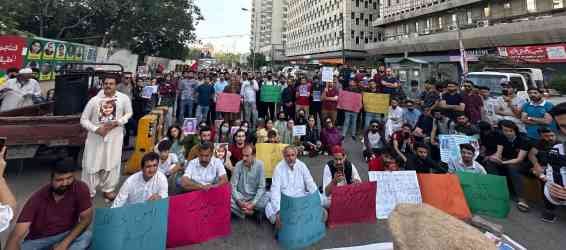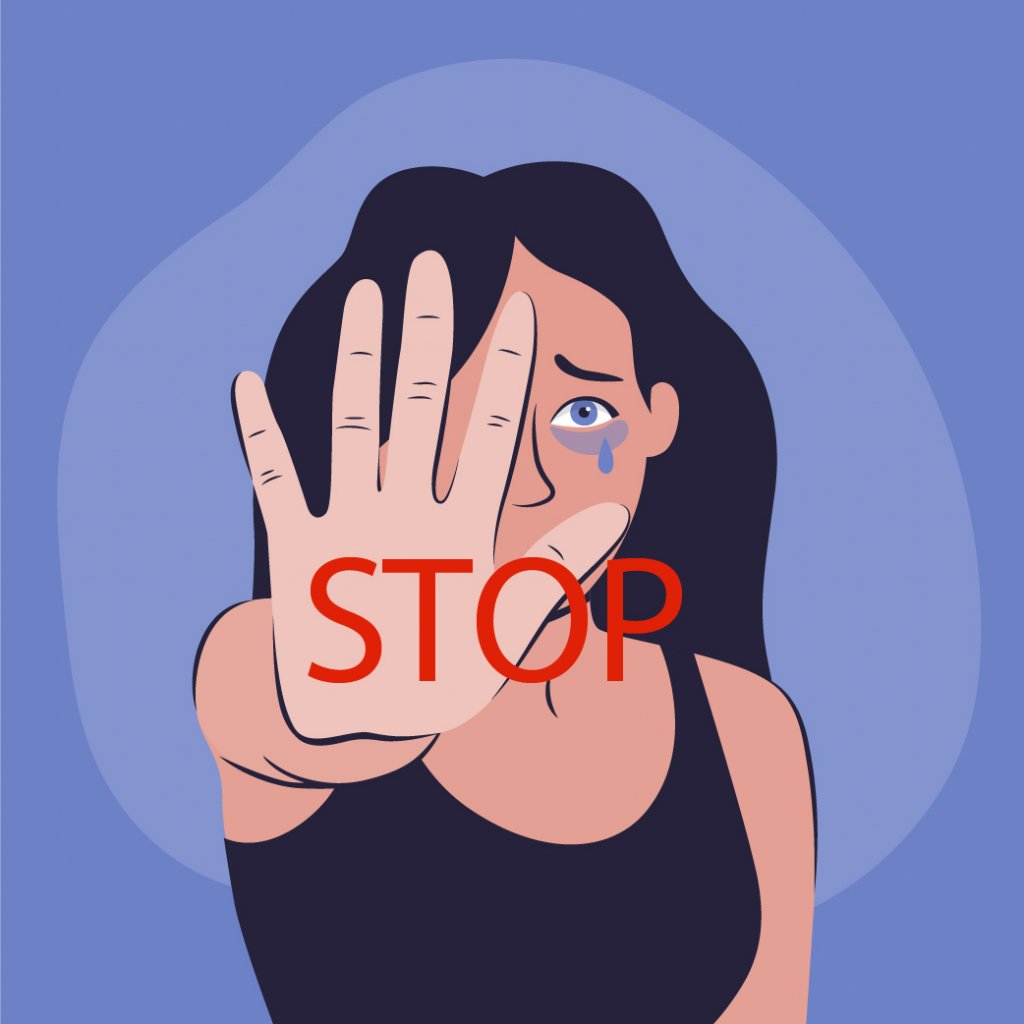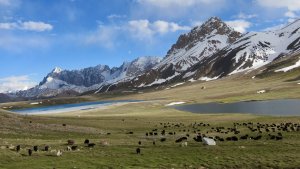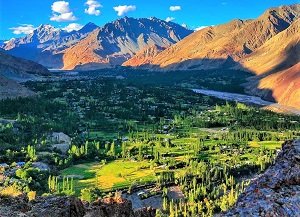Falak Noor case: a clarion call for justice and protection
The case of Falak Noor has revealed significant differences between medical assessments, legal interpretations, and the protection of minors’ rights.
It appears that both the medical board and the two-judge bench of the Chief Court were not sensitive enough or failed to fully consider the implications of child marriage and the legal definition of minors.
The core issue at hand revolves around a fundamental question: How can we, as a society, tolerate such ambiguity when it comes to establishing the age of a minor? The court disregarded the official Form B of the National Database and Registration Authority (NADRA) and the birth certificate issued by the hospital where the child was born, for reasons unspecified.
Read More













